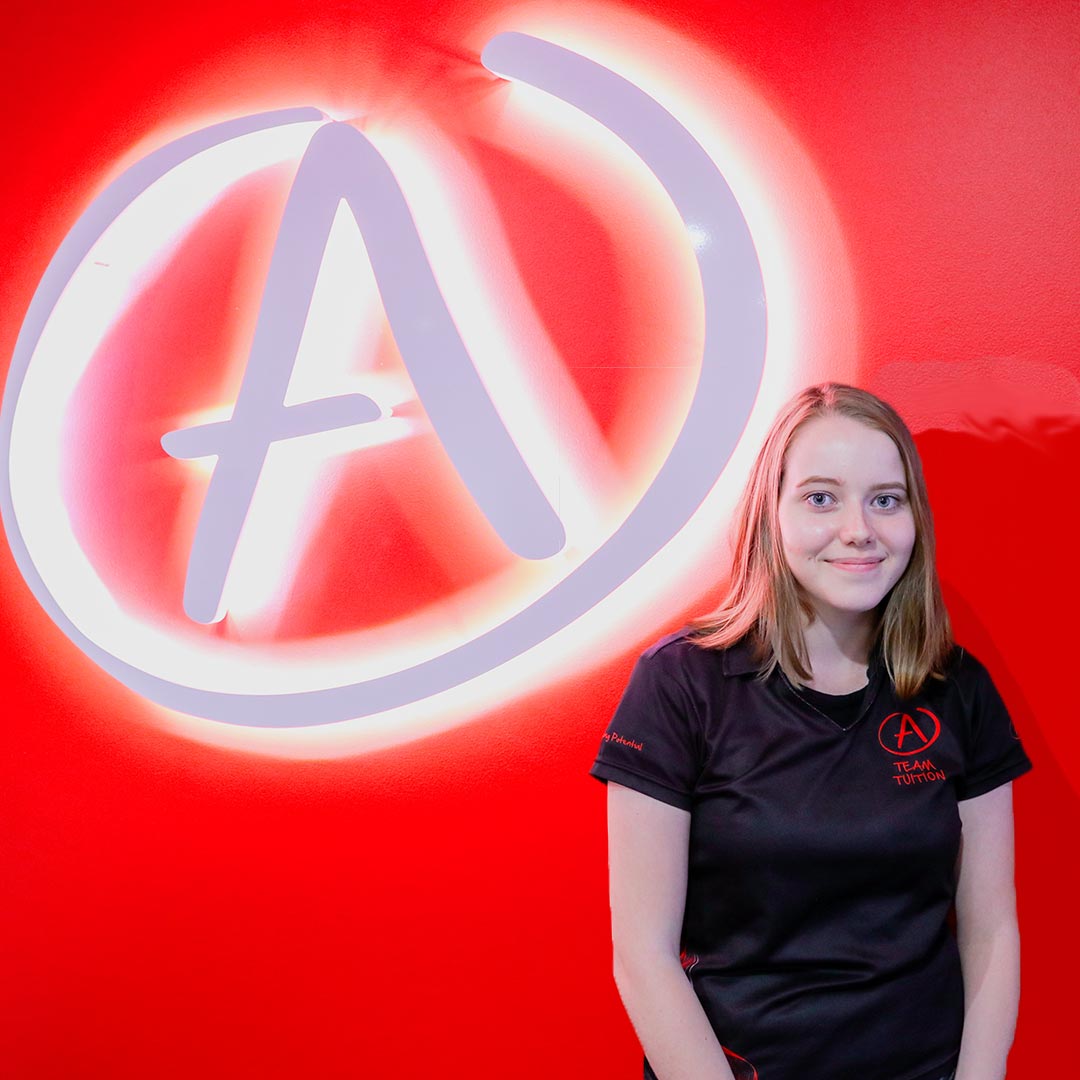
Getting an OP 1 can seem like an impossible task, especially with the myriad of factors that go into their calculation. However, I’m here to show you that whatever happens, you can get the marks you want at the end of your high schooling and give yourself the best possible start for the future.
What counts the most is how hard you are willing to work to achieve your goals; but sometimes you need to do just a little bit extra to really boost your grades. Here are five things that I did over the course of my senior years of high school that allowed me to achieve an OP 1.
Contents
1. Do Extra-Curriculars
2. Do Your Own Research
3. Help Other Out
4. Do The Things You Don’t Have To
5. Constantly Strive To Improve
1. Do Extra-Curriculars

It is a common misconception that to do well at school – really well – you must throw yourself entirely into school work and only school work – leaving your friends and hobbies behind.
I won’t deny that getting an OP 1 does take a massive commitment of time, energy and determination, but if you focus solely on school you will, quite simply, burn out. Being able to have breaks from school work are important in keeping you sane and focussed. Extra-curriculars also have the added bonus of being good resume and scholarship application boosters.
There is no one extra-curricular that will help your grades, but there are ways to be clever about how to choose commitments. Choose extra-curriculars based on what you know you enjoy and will stick with, the time spent travelling to and from them, how understanding they are of your commitment to your school work and when they are actually scheduled (hopefully not the night before a big exam or in the days leading up to an assignment due date!). For example, I decided that I would only do extra-curriculars at my high school – opting not to have a casual job – removing the need for excessive travel time and inflexible bosses. One week in Year 12 I was completely bogged down in school work and study, and as I was only doing extra-curriculars at my school – and some of these extra-curriculars were run by my own classroom teachers – I was able to adjust my schedule around, ensuring I could keep my focus on my school work.
2. Do Your Own Research

There is no denying that the OP system, and the ATAR system even more so, are quite prescriptive in how grades are assigned and marks are given. There are definite strategies to succeed outside of merely being able to write a good essay and solve problems correctly. Some schools and teachers may be aware of these strategies and share them with students, but there are ways you can find out how to nail exactly what OP or ATAR markers are looking for yourself.
The best place to find out how grades are assigned is right in the criteria sheets of assignments and exams. Each subject is likely to have a standard list of criteria that will be exactly the same or at least similar across all assessment pieces, and are your first point of call.
For example, a key criterion in senior English assessment is “evaluation of perspectives and representations of concepts, identities, times and places,” however it is a criterion often missed by students, myself included. It initially sounds like a confusing mess straight out of a thesaurus, but means that in every piece of assessment, you must analyse how texts are constructions by their authors, who have made conscious decisions to include concepts, characters and settings to convey a message. Even if you write a fantastic assignment, if you haven’t fulfilled this criterion you will not get the marks. I discovered this after handing in English assignment after English assignment and getting stuck on the same mark, and finally realising I was being marked down in the same criterion each time. With this knowledge, I was able to make sure I completely addressed all the criteria and saw an immediate improvement in my work.
If you’re really keen, the QCAA website has a ton of resources available, most importantly sample assessment pieces as well as syllabus and learning guides.
3. Help Other Out

As the OP system is based on your position relative to your peers, it is easy to think that the way to succeed is to keep to your own and fend off the competition. However, in my experience, that is the exact opposite of what you should do for a number of reasons.
It is widely known that the best way to learn a concept is to teach it to someone else. Helping out your classmates will also help you learn content for exams and understand assignments. And of course, your classmates can help you in return. There have been so many times where I have been sitting outside an exam room, and a friend has brought up something I’ve never heard of, that turned out to be on the exam. Outside a Year 12 Study of Society exam a friend taught me a concept I had missed throughout my study (it can happen!) that I took in the exam and used to get an A+.
Furthermore, Year 12 is without a doubt difficult, and having a support network of friends, especially peers, is invaluable. Being able to rely on each other means at the end of the day everyone can cross the finish line together.
4. Do The Things You Don’t Have To

Every student at some point gets set a task by a teacher that doesn’t count towards their mark or has no due date – and every student at some point has not done this extra work.
However, to get not only good marks, but really good marks, you need to do the extra reading, the un-essential homework and revision each day. Not only will this extra work increase the quality of your assessment, but show to your teachers that you are willing to take extra steps to do well. It will also help you enter into exams with greater confidence, and draft your assignments more effectively.
This is particularly useful in humanities subjects, for example, Modern History. Before a Modern History exam, I ensured I remembered at least one extra piece of information on each topic studied, which not only boosted my confidence, but allowed me to write a more effective, coherent response as I wasn’t only relying on the relatively limited scope of my class notes and revision materials.
5. Constantly Strive To Improve

What helped me the most, but is something that is often overlooked, is the process of constantly improving work. Many think that by Year 11 or 12, you must be stuck in your ways and have no time improve – but this is completely false. Every assessment item is a chance to re-evaluate your work and make improvements. Even if you’ve had a shaky start to the year, you can make small, incremental differences in your grades.
Working hard is definitely a way to get good marks, but if you work hard and still forget to check your results in Maths exams or overlook sentence structure in English assignments you will find yourself plateauing and getting the same grades every time.
So how do you actually make genuine improvements to your work? Firstly, read your draft and assessment feedback and look at the criteria sheet. After every assessment make a note of three things or criterion you can improve upon and take it on board for next time. Secondly, speak to your teachers, and don’t be scared to be direct. Ask them, “what can I do to improve?” or “how can I get an A?” They are the ones marking your work so they know exactly what you need to improve upon. Right before a Geography exam I asked my teacher what I needed to do to improve my mark – and he was able to have another look through my work and tell me exactly what criteria I needed to address and what I could include in my response to improve. Teachers are almost always willing to help so I definitely recommend giving it a shot and asking them what you can do to get a better mark.
So there you have it – getting a high OP is not an impossible task! I was definitely not an OP1 student when I started high school, so I know first-hand whatever your current grades, so long as you are willing to put in the effort and hard work, you can get the results you want. Even if you’re not thinking about OPs and you have your sights set on a high ATAR instead, try incorporating these tips into your study routine and see what works best for you.
START MY CHILD’S TRANSFORMATION TODAY!
Whether you need help with homework, assignment & exam preparation or just a confidence and motivation boost at school – we can help!
Tell us about your child and we will get in touch as soon as possible!
The post Top 5 Things I Did To Get An OP 1 appeared first on A Team Tuition.
from A Team Tuition https://ift.tt/2ObPuIe
via IFTTT
